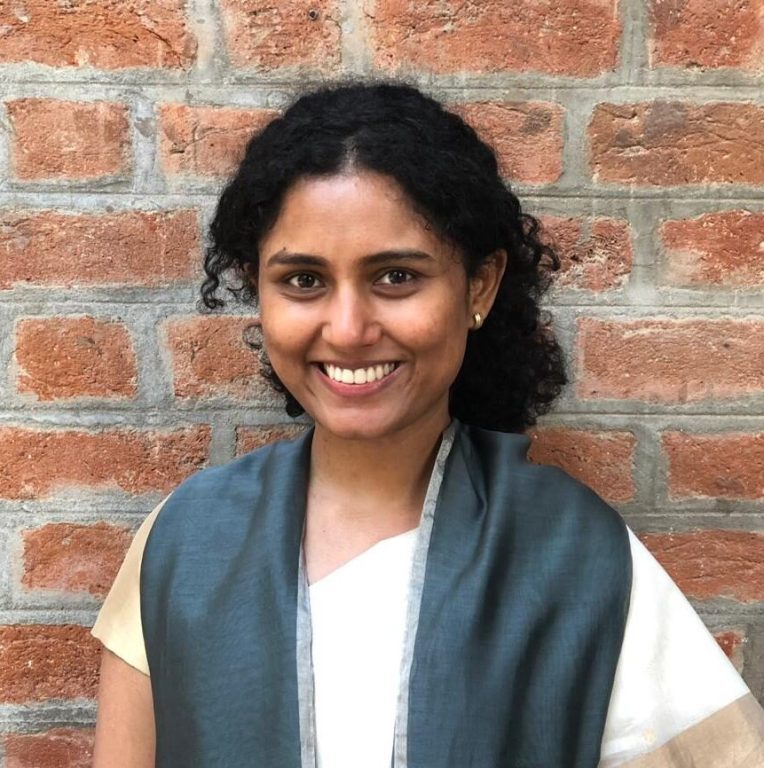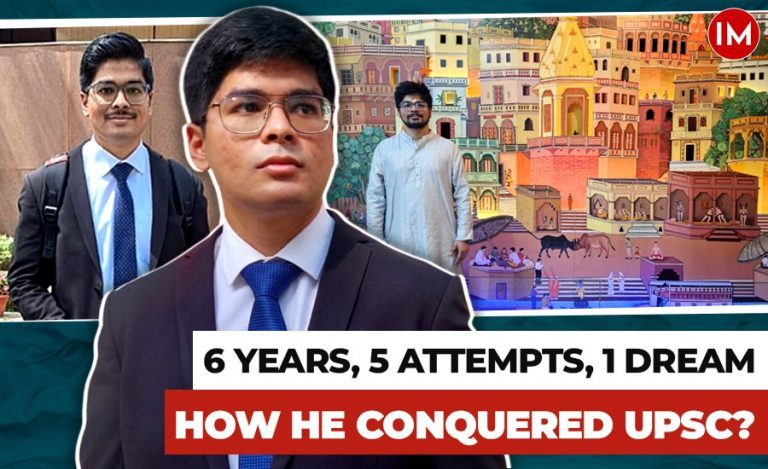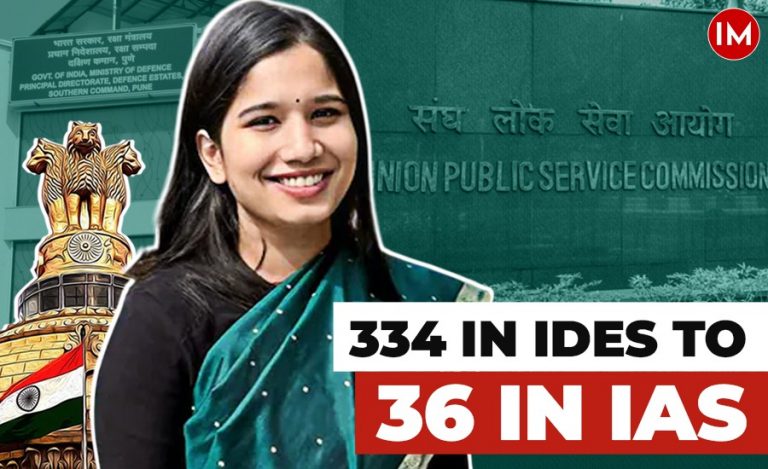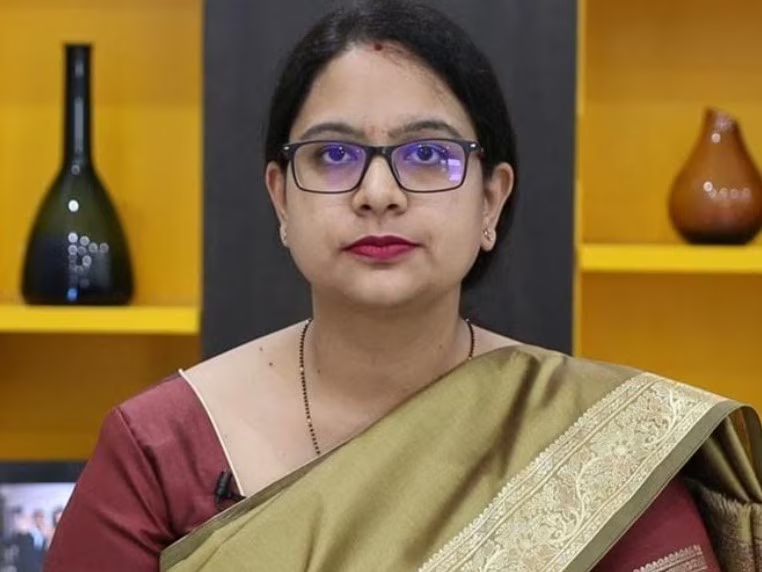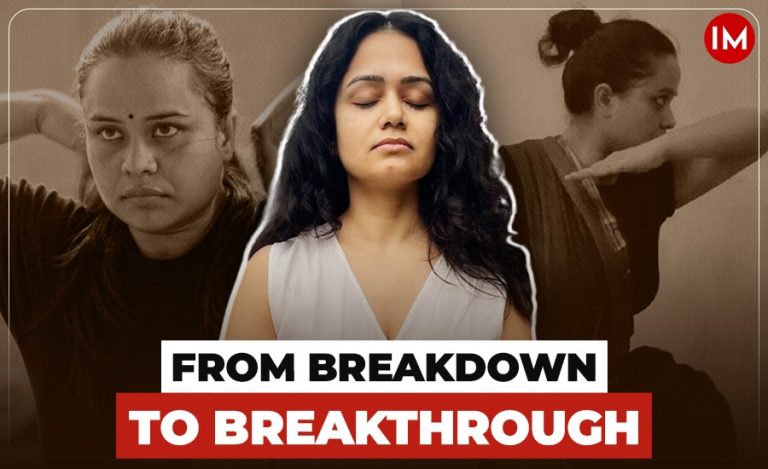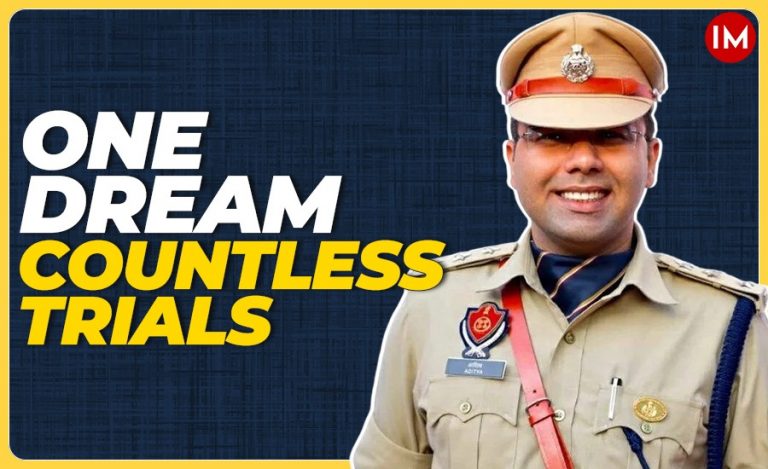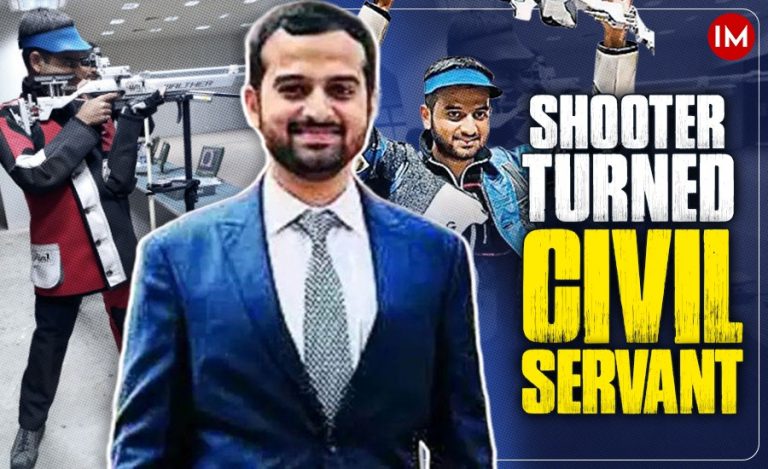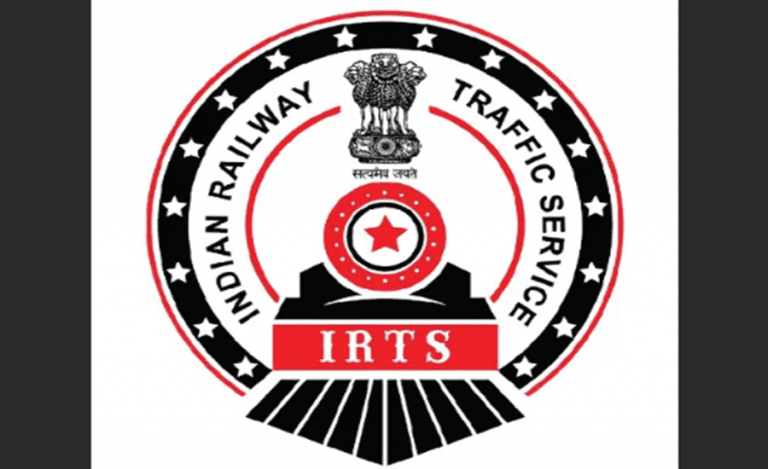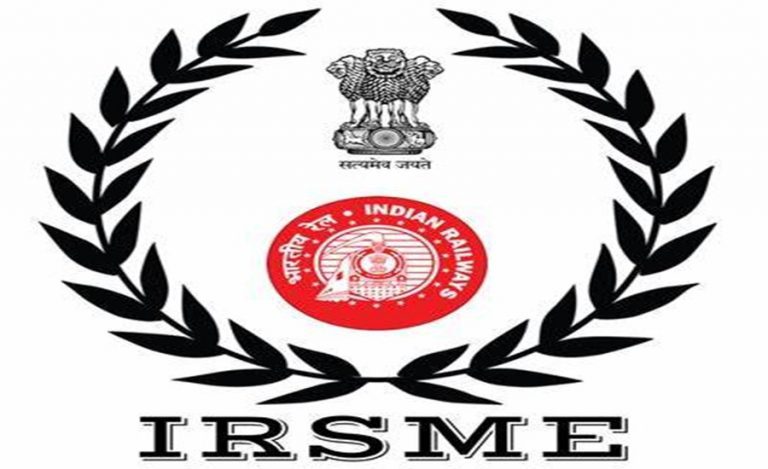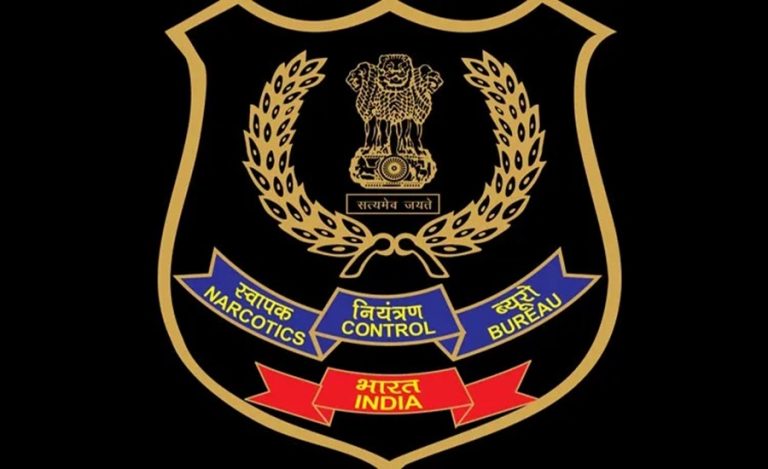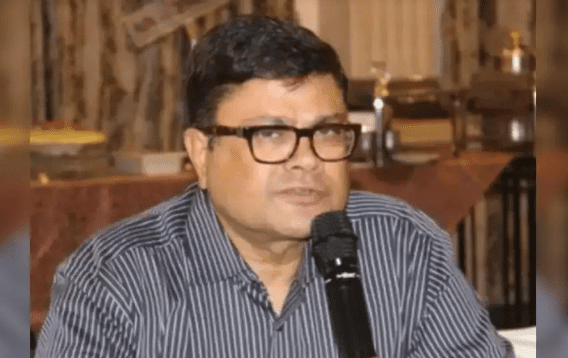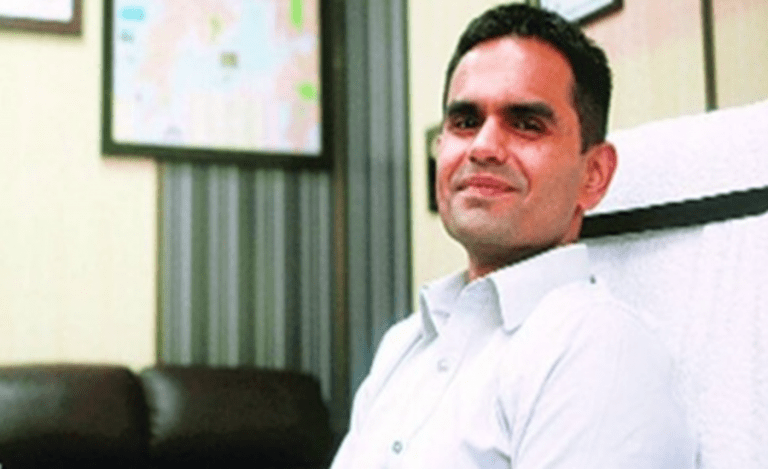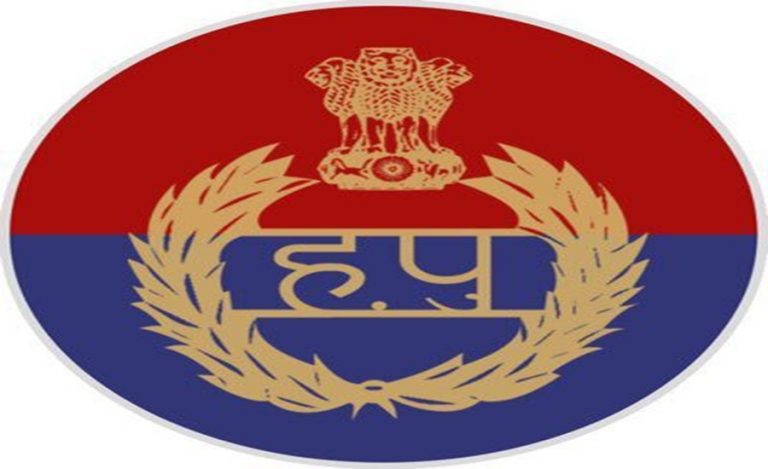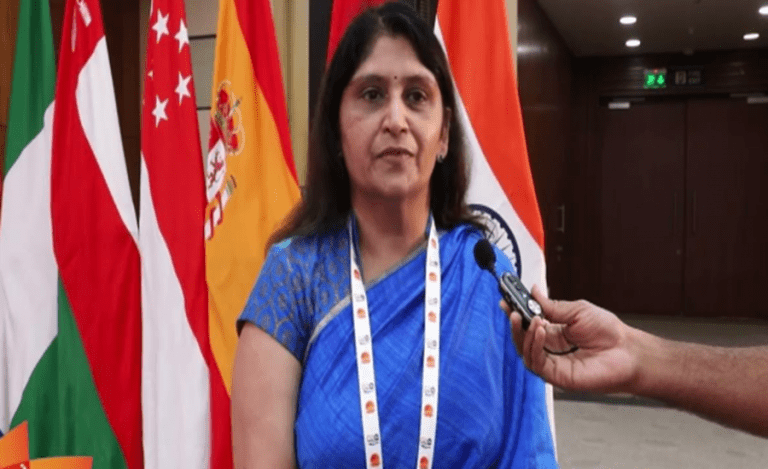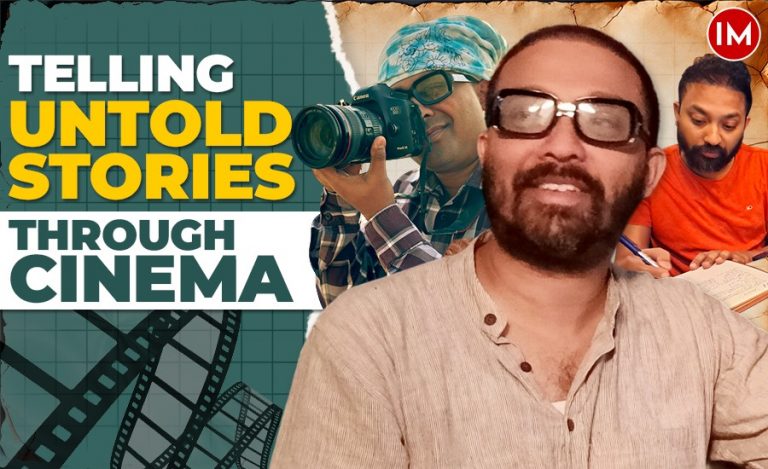There are some people who like to work in silence and let their success make the noise. Aparna Ramesh, a professional architect till the other day, is one such person. After making her place among the top 50 in UPSC CSE 2020, she is all set to become an IAS officer now. In an exclusive conversation with Indian Masterminds, Aparna, who clinched All India Rank 35, shares her secret of success and, also, reveals how she managed the work-study balance.
BRIEF BACKGROUND
Aparna was born in Chennai, lived in Bengaluru, and presently resides in Gurugram. She completed her graduation in Architecture from Visvesvaraya National Institute of Technology, Nagpur, in 2015 and her post-graduation in Urban Planning from CEPT University, Ahmedabad, in 2019. In 2020, she was selected for ‘India Smart Cities Fellowship’ (ISCF) by the Ministry of Housing and Urban Affairs, Government of India.

WHY CSE AFTER B.ARCH?
On why an architect chose to go for civil services, Aparna says, “While doing Urban planning degree, I got a chance to interact with many IAS officers like Municipal Commissioners, Smart City CEOs, people from the Ministry of Housing and Urban Affairs etc. All of them were working for something I was passionate about, such as the city, the infrastructure issues etc. Basically, that inspired me to use my knowledge as a civil servant. My father has been a civil servant, too.”
Aparna’s father, Mr. S Ramesh, was in the Indian Revenue Service (Customs and Indirect Taxes). He superannuated in 2018 as Chairman, Central Board of Indirect Taxes and Customs (CBIC). Aparna’s mother, Dr. Gurushree Ramesh, has a PhD in English Language Teaching. Aparna credits her parents for her success in the UPSC examination.
BALANCING STUDY AND JOB
Aparna cracked CSE by studying all by herself. She used to study for 3 to 4 hours early in the morning before her job timings. She shares the secret: “It is not about the number of hours, it’s about the quality of work you do in those hours. Four hours of intense preparation is good enough on a daily basis and, of course, one needs to dedicate at least 10 to 12 hours on weekends.”
ANTHROPOLOGY AS OPTIONAL
As an architect, she is more familiar with diagrams, and this made her narrow down the subjects in humanities such as political science, sociology and anthropology. Finally, she went with anthropology as her optional paper, and she got maximum marks in it!
FINAL ROUND: THE INTERVIEW
Aparna has this to say about her interview: “I had faced many virtual interviews but this one was my first physical interview. Initially, I was quite scared, but as soon as the conversation started, the fear started to vanish. They mostly asked questions about my interests, such as electric vehicles, smart cities, data security etc. It was quite a good experience of around 30 minutes.”
A VERSATILE PERSONALITY

Being a daughter of a civil servant, Aparna has lived in 10 different cities in different states so far. Besides her mother tongue Kannada, she is well versed in many other languages like Hindi, English and Tamil also have a good understanding of Telugu, Marathi and Gujarati.
She enjoys writing about important social issues. She is also the recipient of many awards. As an undergraduate, she won the Berkeley Undergraduate Prize for Architectural Design Excellence, 2014. She was also awarded the Wipro Earthian Prize in 2017 and 2018 by the Azim Premji Foundation. Wipro Earthian is one of India’s largest sustainability education program that recognizes excellence in sustainability in education in Indian schools and colleges.
In her free time, she likes to go backpacking, practice yoga, do a lot of reading and go exploring new cities. Her aim is to contribute towards making rural India smart and creating child-friendly infrastructure, by implementing her knowledge of architecture and creativity as a civil servant.

